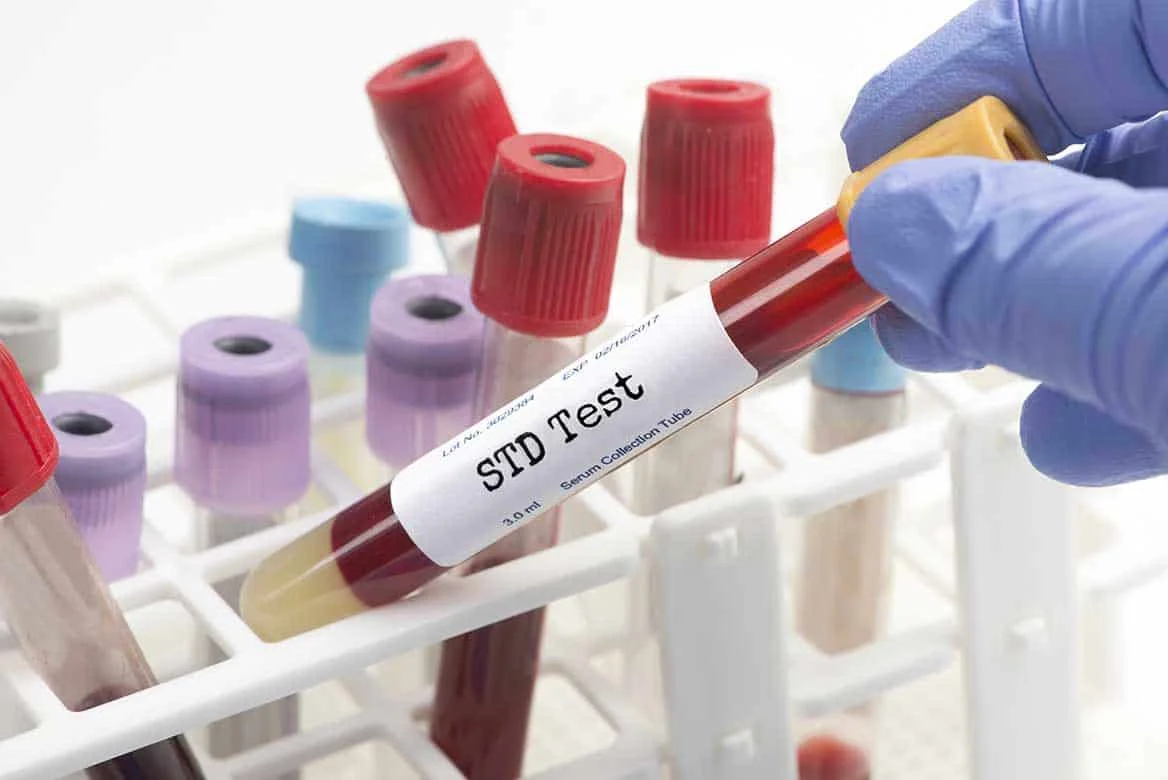
Monday to Friday 9:00 AM - 6:00 PM
Saturday to Sunday 10:00 AM - 2:00 PM
 Book Appointment
Book Appointment

Monday to Friday 9:00 AM - 6:00 PM
Saturday to Sunday 10:00 AM - 2:00 PM
 Book Appointment
Book Appointment

Sexually active people, especially those having multiple partners, should mandatorily use protection and get tested on regular basis. This is because many sexually transmitted diseases get transmitted very easily without any signs or symptoms.
Thus, many doctors specialising in sexual health in London prefer using the term STI (sexually transmitted infection) because medically it is possible to have an infection without any disease symptom.
But what STI screenings or tests should you take? How often should the screenings be done? Medical practitioners who provide full STD check in London explain that this depends upon your age, sexual behaviours and the possible risk factors you’re exposed to.
If you think you need to have STI screening, discuss it with your doctor. Share your concerns with the medical practitioner and he or she will suggest you the tests that are necessary to take.
In the following paragraphs we will discuss few guidelines for STI testing for common sexually transmitted infections.
You should get screened annually if:
Screening for both Gonorrhea and Chlamydia is done either through the following:
Analysis of the sample is done in a lab based on the test report that is generated.
Many doctors are of the opinion that everyone, ranging from adolescents to adults below 65, should have an HIV test at least once. Teenagers, who are at high risk of an STI, should also get HIV tested once a year.
Hepatitis C testing is mandatory for everyone born between 1945 and 1965. This particular STD shows no symptom till an advanced stage. On the other hand, vaccination for Hepatitis A and B are available to keep those sexually transmitted diseases at bay.
You need to get tested for syphilis, hepatitis and HIV if:
Syphilis tests require either blood sample or swab from the genital sores that you may have developed. The sample is analysed in a lab. Tests for both HIV and Hepatitis require blood samples.
There is no reliable screening procedure for herpes yet. This viral infection gets transmitted without any symptoms. Procedures like tissue scraping or culture of ulcers and blisters are performed to collect samples, which are then sent to a lab for analysis to detect herpes
Type 1 and Type 2 are the two types of virus that are responsible for herpes infection. Type 1 virus causes cold sores although it can also cause sores in the genital area. In contrast to Type 1 virus, Type 2 virus usually causes genital sores.
A negative test result for herpes does not mean you are safe and not infected with the STI.
There are certain varieties of human papilloma virus (HPV) that cause cervical cancer. The other varieties usually cause genital warts. Many people get infected with HPV at some point in their life but never develop any symptoms. The virus automatically gets cleared away from your body within 2 years.
There’s no standard procedure for HPV screening for men. The diagnosis is done by the biopsy report of genital warts.
HPV screening for women involves the following:
HPV is often related to cancer in the vagina, vulva, anus, penis, mouth and throat. Vaccination is effective to protect both men and women from certain types of HPV. However, the vaccine works best when administered before an individual starts his/her sex life.
STI Clinic London stays open even on Sundays to cater to your STI screening needs. This private clinic, located on Harley Street in Marylebone is widely reputed for using the latest infrastructure at a reasonable cost to provide accurate test results. Our opening hours are from 9 am to 9 pm on weekdays, while on Saturdays and Sundays our business hour stretches between 10 am to 2 pm.
